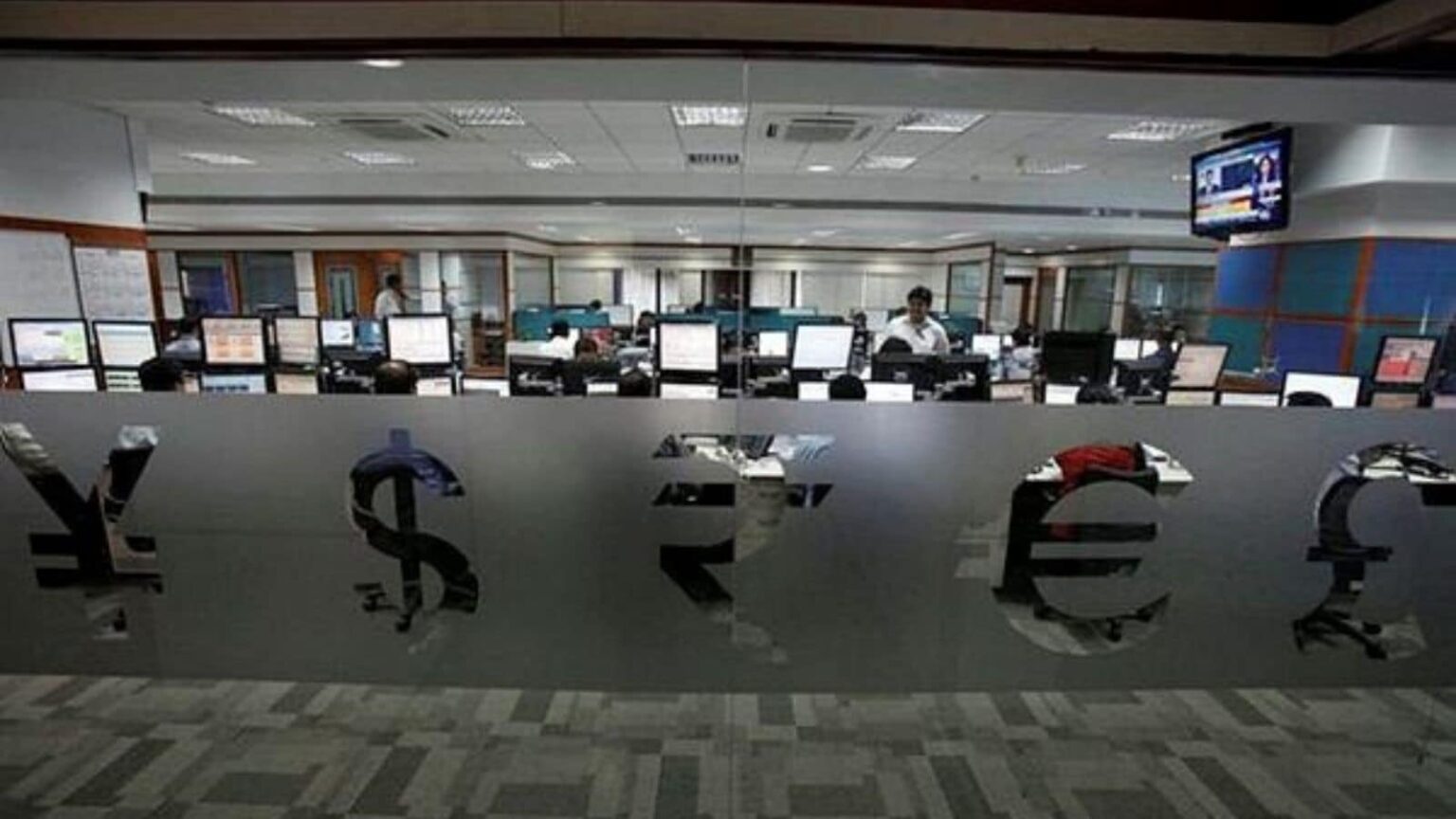India’s foreign exchange reserves have declined to an eight-month low of $640.28 billion as of December 27, 2024, marking the fourth consecutive week of decline. This decrease of $4.1 billion follows a cumulative drop of $13.7 billion in the previous three weeks.

Source:- bbc news
The Reserve Bank of India (RBI) has been actively intervening in the foreign exchange market to manage the rupee’s volatility. These interventions, along with fluctuations in the value of foreign assets held in the reserves, have contributed to the decline. The Indian rupee recently hit an all-time low of 85.8075 against the U.S. dollar, influenced by concerns over slowing economic growth, a widened trade deficit, and a stronger U.S. dollar driven by a hawkish U.S. Federal Reserve policy outlook.
Source:- news 18
The RBI has likely been selling dollars through state-run banks to stabilize the rupee. The country’s forex reserves include foreign currency assets, gold, Special Drawing Rights (SDRs), and its reserve tranche position in the International Monetary Fund.
The decline in reserves is attributed to several factors, including the RBI’s interventions to curb rupee volatility and the appreciation or depreciation of foreign assets held in the reserves. The rupee’s recent depreciation to an all-time low of 85.8075 is influenced by concerns over India’s slowing growth and widened trade deficit, alongside a stronger U.S. dollar driven by a hawkish U.S. Federal Reserve’s policy outlook.
The RBI’s interventions aim to stabilize the rupee and prevent a large-scale slump. The rupee settled at 85.77 on Friday, marking its ninth consecutive weekly fall.
India’s foreign exchange reserves are a critical component of the country’s financial stability, providing a buffer against external shocks and supporting the rupee’s value. The recent decline underscores the challenges faced by the RBI in managing currency volatility amid global economic uncertainties.
Share your views in the comments

